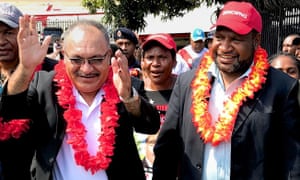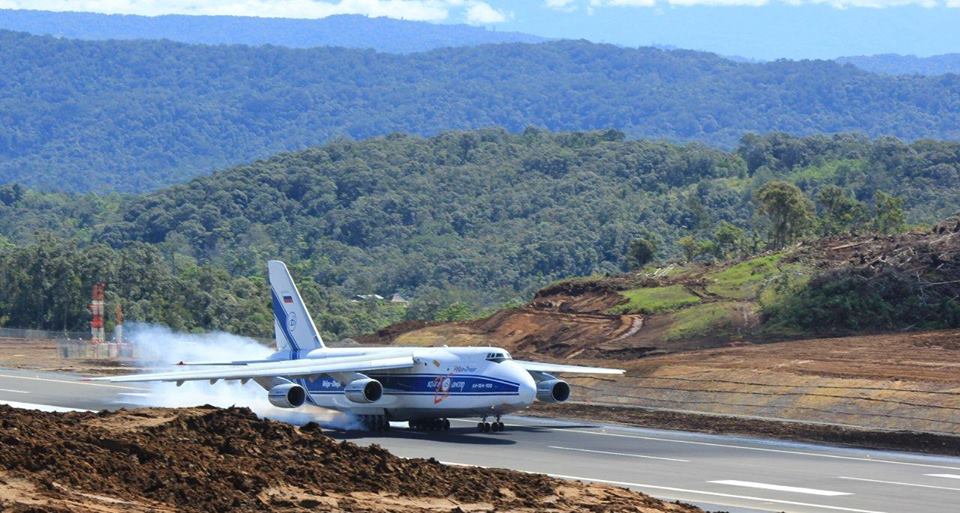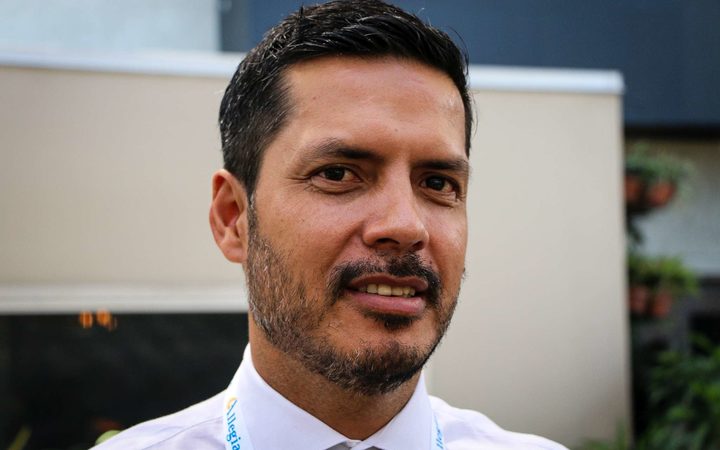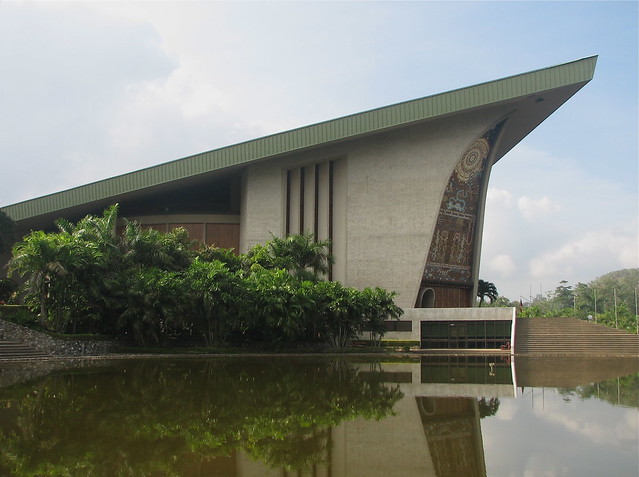
By EHEYUC SESERU - The National
THE country is looking at processing its raw materials and natural resources locally from next year, Prime Minister James Marape said yesterday.
He said forestry would be the first to have round logs processed locally over the next two years.
Marape said he wanted to see local people and landowners forming companies and groups to process logs domestically.
“Round logs would not be exported in 2020 and 2021. By 2025 we would process fish within the country with decentralisation and powers given to provinces that have fishing as their source of income,” he said.
He said these would be steps taken to resurrect and take back the country’s economy.
Marape told Forest Minister Solan Mirisim not to give logging licences to outsiders but issue them to locals and landowner groups to process timber.
“Empower our people by giving licence to process timber locally and don’t issue new logging permits to foreign companies.”
Marape said the Government would create programmes to assist Papua New Guineans to venture into business and small to medium enterprises.
He said these would be done with the creation of 22 micro economies, which are the provinces and their provincial governments.
He said there would be reviews done on Porgera, Ramu NiCo Wafi-Golpu and Hides and other mineral processing industries.
Marape said past governments had tried to put country’s economy on the right path, but made mistakes and borrowed a lot and we were unable to repay quickly.
He said forestry would be the first to have round logs processed locally over the next two years.
Marape said he wanted to see local people and landowners forming companies and groups to process logs domestically.
“Round logs would not be exported in 2020 and 2021. By 2025 we would process fish within the country with decentralisation and powers given to provinces that have fishing as their source of income,” he said.
He said these would be steps taken to resurrect and take back the country’s economy.
Marape told Forest Minister Solan Mirisim not to give logging licences to outsiders but issue them to locals and landowner groups to process timber.
“Empower our people by giving licence to process timber locally and don’t issue new logging permits to foreign companies.”
Marape said the Government would create programmes to assist Papua New Guineans to venture into business and small to medium enterprises.
He said these would be done with the creation of 22 micro economies, which are the provinces and their provincial governments.
He said there would be reviews done on Porgera, Ramu NiCo Wafi-Golpu and Hides and other mineral processing industries.
Marape said past governments had tried to put country’s economy on the right path, but made mistakes and borrowed a lot and we were unable to repay quickly.
Pangu celebrates 52 years
 Sir Pita Lus, left, who was a member of the House of Assembly and National Parliament for 38 years presenting Prime Minister James Marape with a bilum and shell money during Pangu’s 52nd anniversary celebrations in Lae yesterday.
Sir Pita Lus, left, who was a member of the House of Assembly and National Parliament for 38 years presenting Prime Minister James Marape with a bilum and shell money during Pangu’s 52nd anniversary celebrations in Lae yesterday.
THE country’s oldest political party, Pangu Pati, celebrated its 52nd anniversary yesterday in Lae.
Present were Prime Minster James Marape, MPs, former members, executives and supporters from around Morobe.
Former prime ministers Sir Michael Somare and Sir Rabbie Namaliu and party stalwart Sir Pita Lus also attended.
The Papua and Niugini Union party has produced three prime ministers in Sir Michael, Sir Rabbie and now James Marape. Pangu was founded in 1967 by the likes of Sir Michael, Tony Voutas, Sir Albert Maori Kiki and Barry Holloway.
Students, public servants, churches members and the public also turned up.
Marape said the party was there during founding years of the country.
Sir Pita, who served for 38 years in the House of Assembly and National Parliament, gave Marape his blessing during the event.
 Sir Pita Lus, left, who was a member of the House of Assembly and National Parliament for 38 years presenting Prime Minister James Marape with a bilum and shell money during Pangu’s 52nd anniversary celebrations in Lae yesterday.
Sir Pita Lus, left, who was a member of the House of Assembly and National Parliament for 38 years presenting Prime Minister James Marape with a bilum and shell money during Pangu’s 52nd anniversary celebrations in Lae yesterday.THE country’s oldest political party, Pangu Pati, celebrated its 52nd anniversary yesterday in Lae.
Present were Prime Minster James Marape, MPs, former members, executives and supporters from around Morobe.
Former prime ministers Sir Michael Somare and Sir Rabbie Namaliu and party stalwart Sir Pita Lus also attended.
The Papua and Niugini Union party has produced three prime ministers in Sir Michael, Sir Rabbie and now James Marape. Pangu was founded in 1967 by the likes of Sir Michael, Tony Voutas, Sir Albert Maori Kiki and Barry Holloway.
Students, public servants, churches members and the public also turned up.
Marape said the party was there during founding years of the country.
Sir Pita, who served for 38 years in the House of Assembly and National Parliament, gave Marape his blessing during the event.
Go to this link for more: https://www.thenational.com.pg/pangu-pati-turns-52








